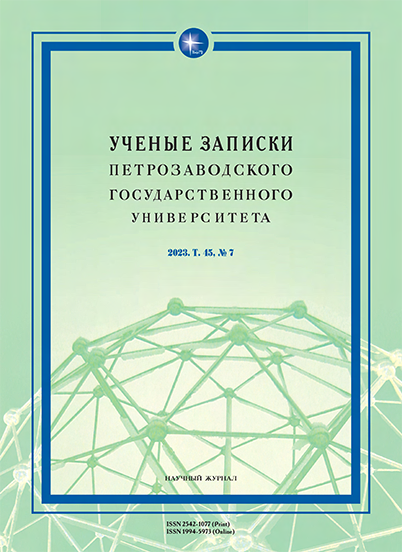ИЗОБРЕТАЯ ВАРВАРСТВО: ПЕРЕВОДЫ, КОММЕНТАРИИ И ТРАКТОВКИ EUR. IT 74–75
INVENTING BARBARITY: TRANSLATIONS, COMMENTARIES, AND INTERPRETATIONS OF EURIPIDES’ IT 74–5
Author(s): Yana Leonidovna ZabudskayaSubject(s): Language and Literature Studies, Studies of Literature, Greek Literature, Translation Studies, Theory of Literature
Published by: Петрозаводский государственный университет
Keywords: genre; interpretation; plot; concept of “barbarity”; translation; commentary;
Summary/Abstract: The goal of the paper is to clarify the meaning of lines 74 and 75 in Euripides’ tragedy Iphigenia in Tauris. The novelty of the work lies in the comparison of commentaries and translations of the fragment and the comprehensive analysis of materials and “extratextual” factors, while the relevance is due to the appearance of new translations of Euripides. The word “heads” present in the translated description of the altar of the Temple of Artemis in IT 74–5, which appears in a number of editions, does not stem directly from the text (the dictionary meaning of σκῦλα is “armor”, while ἀκροθίνια means “the best part”). But it is supported by the reports of Herodotus and Ammianus Marcellinus, as well as by some visual evidence. Herodotus’ narrative, however, differs from Euripides’ version and is not suffi cient for unambiguous interpretation. Considering the Italian localization of the visual evidence (a vase from Campania and a Roman sarcophagus), we can assume that the heads on the walls of the temple appeared in one of the South Italian stagings or became part of the visual realization of the plot of Iphigenia and Orestes’ rescue under the infl uence of the Etruscans. Thus, the word “heads” is not a translation, but a culturological interpretation, one of the elements of the reception of Euripides’ dramas in Italy, forming an image of a barbarian country opposed to Hellas. So, there are two solutions here: we either allow σκῦλα or ἀκροθίνια to have an explicit meaning of “head” – and then we need the corresponding specification in the dictionaries; or we consider this meaning as a late interpretation formed under the influence of several factors, but nevertheless not an integral part of the content and acceptable not in translation, but only in commentary.
Journal: Ученые записки Петрозаводского государственного университета
- Issue Year: 45/2023
- Issue No: 7
- Page Range: 36-42
- Page Count: 7
- Language: Russian

